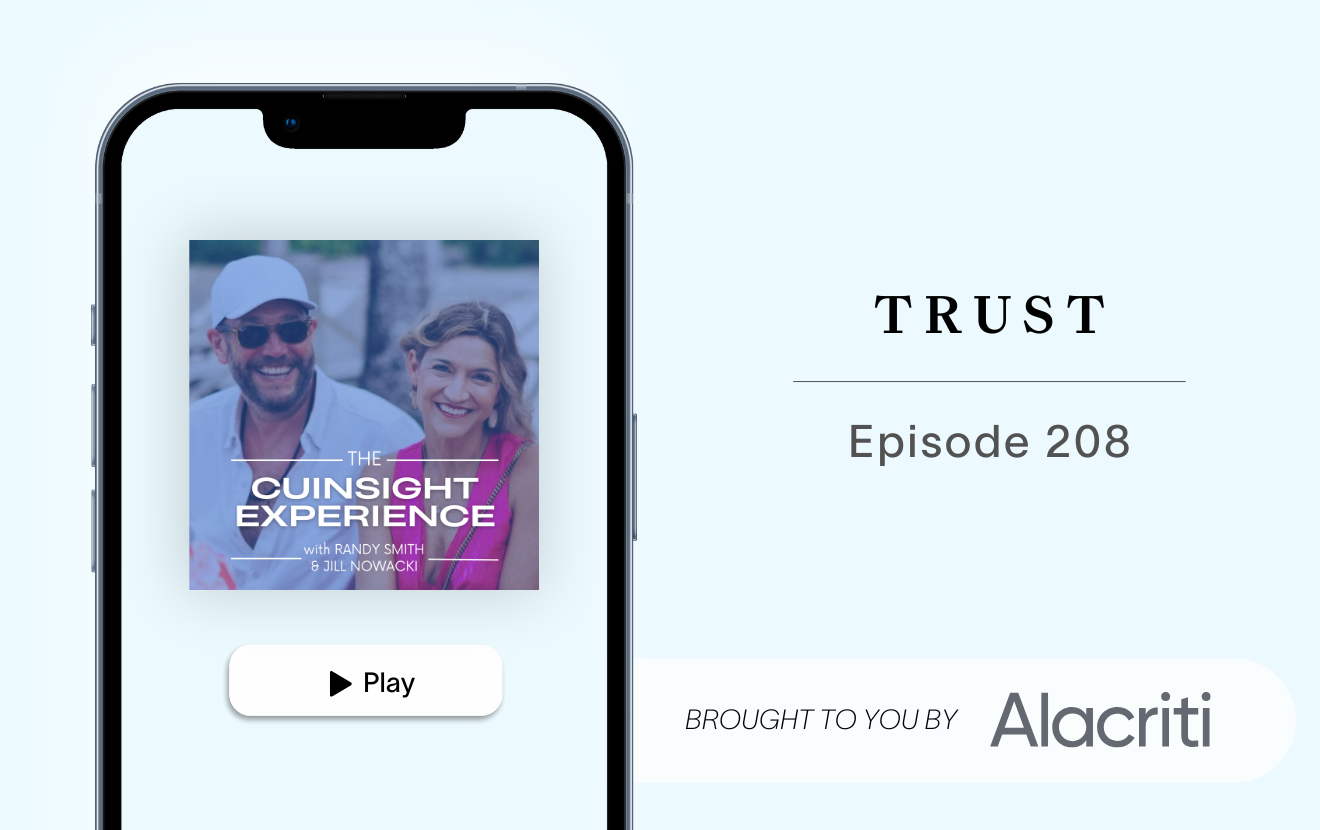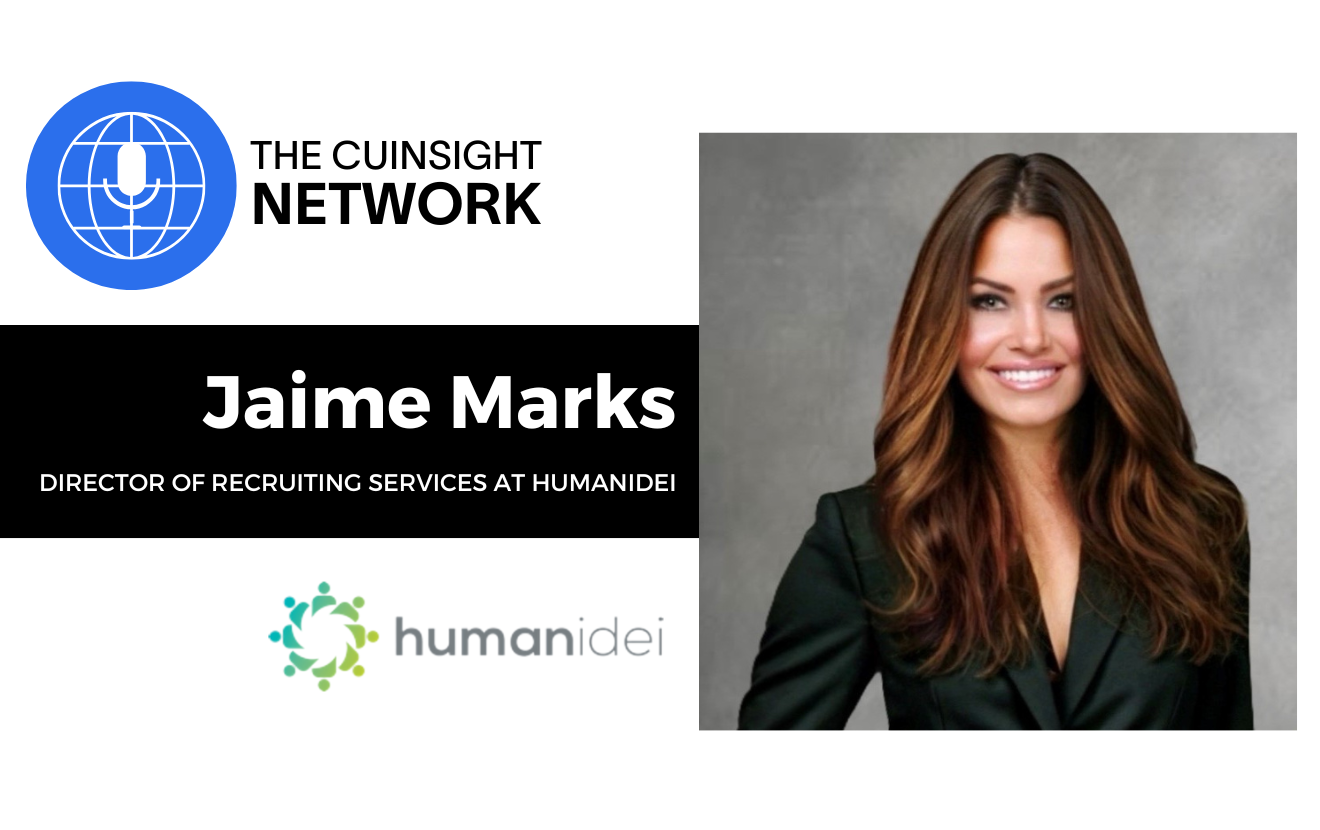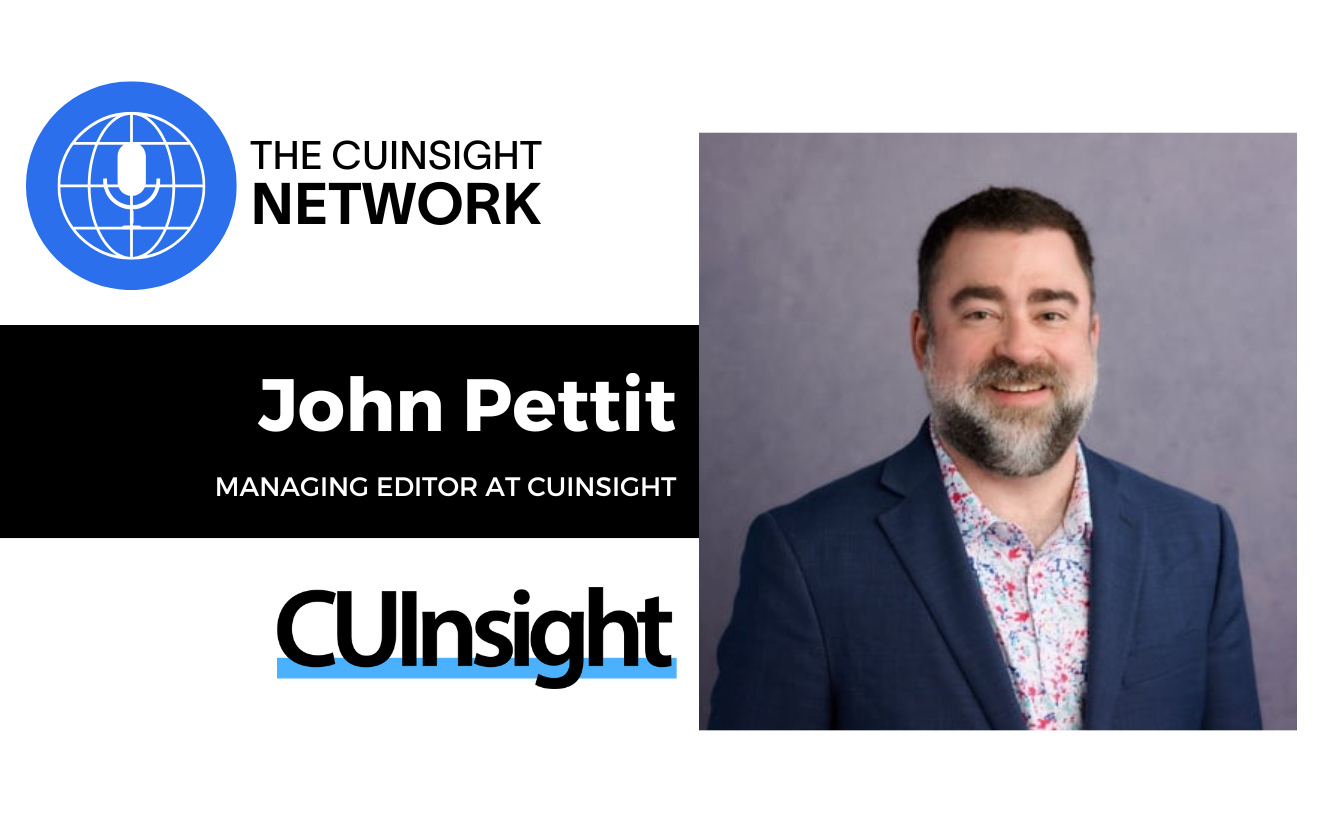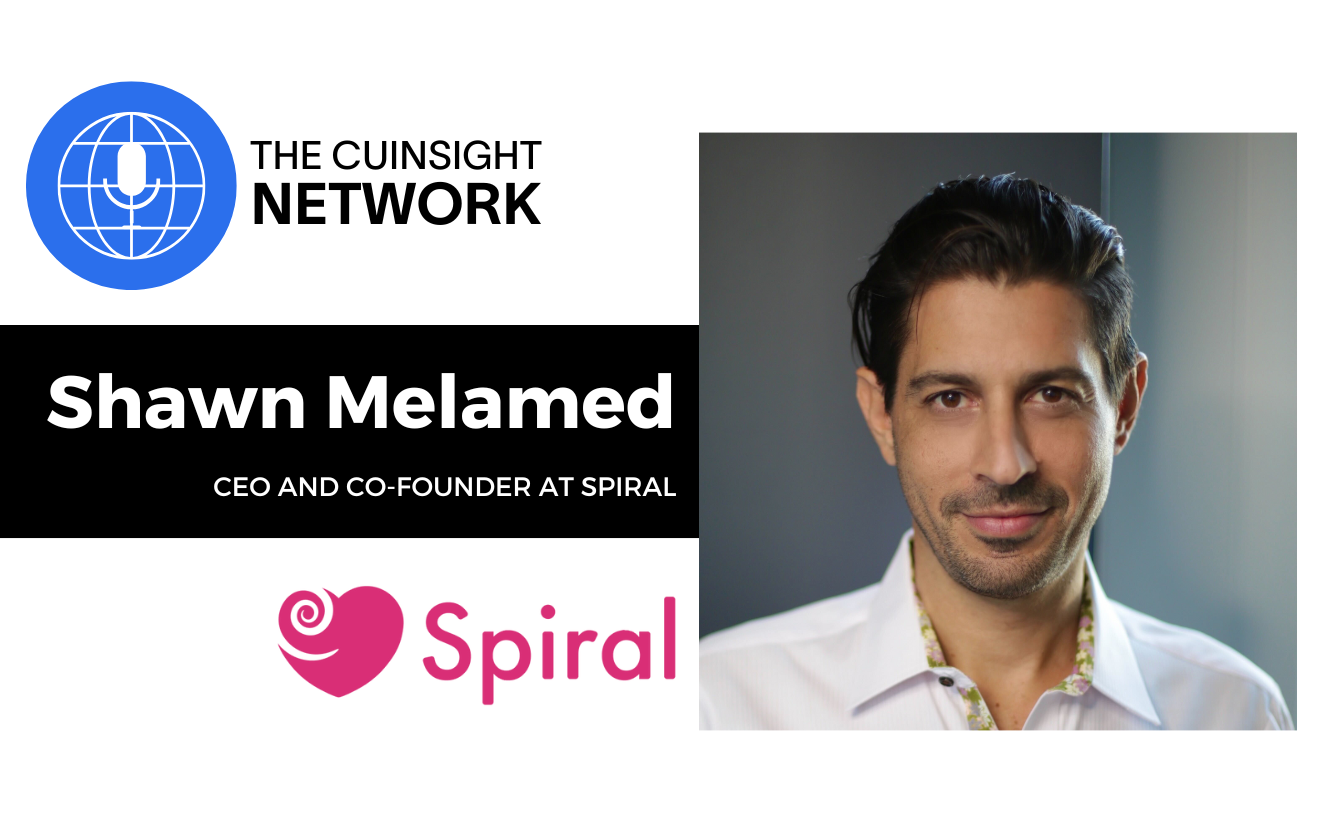Welcome to episode 207 of The CUInsight Experience podcast with your hosts, Randy Smith, co-founder of CUInsight.com, and Jill Nowacki, President and CEO of Humanidei.
This episode is sponsored by Alacriti—a leading payments fintech helping credit unions compete with challenger banks and digital wallets. Alacriti delivers seamless, real-time money movement experiences for loan payments, A2A transfers, digital disbursements, and bill pay. With a single, cloud-native platform that connects to The Clearing House, Fedwire, ACH, and FedNow, credit unions can modernize without overhauling legacy infrastructure. Learn more at Alacriti.com.
In this season, Jill and I will have conversations centered around leadership, credit unions, and living our best lives. We will have some of the most respected leaders from around credit unions who we are grateful to call friends join us in the discussion from time to time too.
In this episode, we discuss a challenge that many of us deal with—imposter syndrome—that annoying voice in your head that’s trying to convince you that you aren’t good enough and you don’t deserve to be here. We talk about how it shows up and shapes how we lead, interact, and self-sabotage.
We talk about first jobs—where a “fake it ‘til you make it” mindset was the norm—and moments that made us question if we belonged where we were. Imposter syndrome sometimes hides behind perfectionism, micromanagement, and/or hesitation to take risks, and we discuss what that can do to a workplace culture.
Join us as we offer up some tools to help you recognize that it isn’t just you—literally everyone is flawed!








